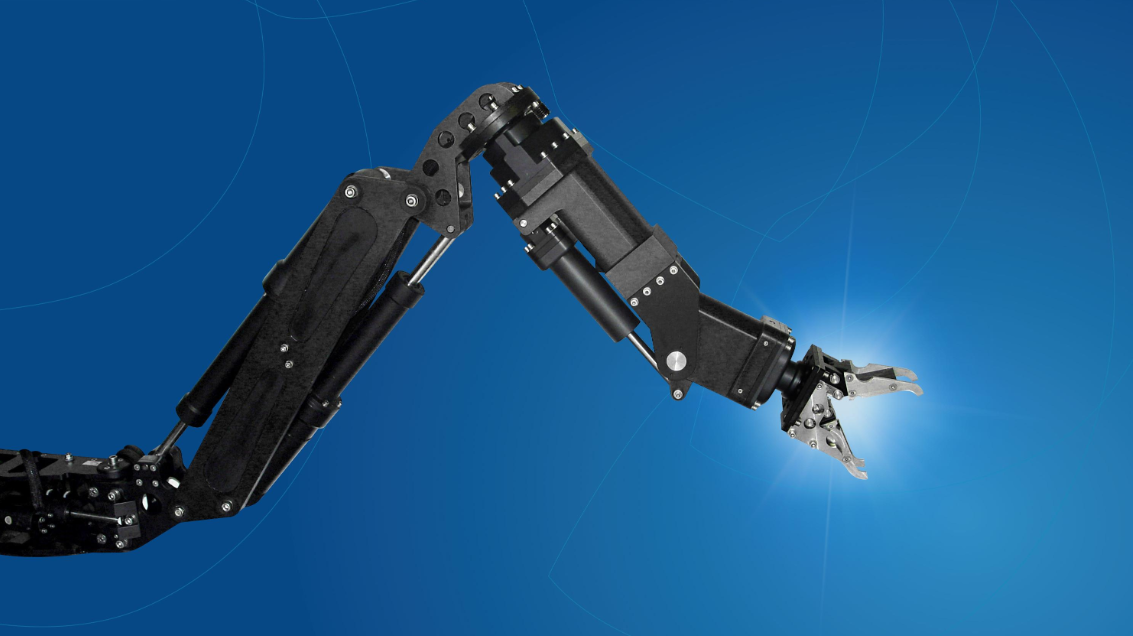Everything You Should Know About Electronic Manipulators: A Complete Overview

In the realm of robotics and automation, electronic manipulators play a pivotal role in performing various tasks with precision and efficiency. From assembly lines to surgical procedures, these sophisticated devices are revolutionizing industries across the globe. Let’s delve deeper into to understand what they are and their functionality and significance.
What are Electronic Manipulators?
They are robotic systems designed to manipulate objects or perform tasks with the use of electronic controls. These devices typically consist of robotic arms equipped with sensors, actuators, and other electronic components. By receiving input from sensors and processing it through advanced algorithms, they can execute complex movements and actions with unparalleled accuracy.
Applications of Electronic Manipulators
The versatility of electronic manipulators lends itself to a wide range of applications across various industries. In manufacturing, these devices are used for tasks such as assembly, welding, and material handling, streamlining production processes and improving efficiency. In the medical field, they are utilized in minimally invasive surgeries, allowing surgeons to perform delicate procedures with enhanced precision and control. Other applications include warehouse automation, agricultural robotics, and even space exploration.
Components and Functionality
A typical electronic manipulator consists of several key components that work together to achieve its intended purpose. The robotic arm serves as the primary mechanism for manipulating objects, while sensors provide feedback on position, force, and other variables. Actuators, such as motors or pneumatic cylinders, enable the arm to move and perform tasks. Electronic controls, including microprocessors and programmable logic controllers (PLCs), govern the operation of the manipulator, executing predefined commands or responding to external stimuli.
Advantages of Electronic Manipulators
The adoption of electronic manipulators offers numerous advantages for businesses and industries. By automating repetitive or hazardous tasks, these devices reduce the risk of injury to human workers and improve overall safety in the workplace. Additionally, they can enhance productivity and efficiency by performing tasks with greater speed and precision than manual labour. Furthermore, their versatility and adaptability make them well-suited for a wide range of applications, allowing businesses to optimize their processes and stay competitive in a rapidly evolving landscape.
Conclusion
In conclusion, electronic manipulators represent a groundbreaking technology with profound implications for industries worldwide. By understanding their functionality and applications, businesses can harness the power of automation to drive innovation and efficiency. As we continue to explore the capabilities of electronic manipulators, the future holds exciting opportunities for automation and robotics. So why wait? Start discovering the endless possibilities of electronic manipulators today!
Copyright © Rain Stone LLC All Rights Reserved